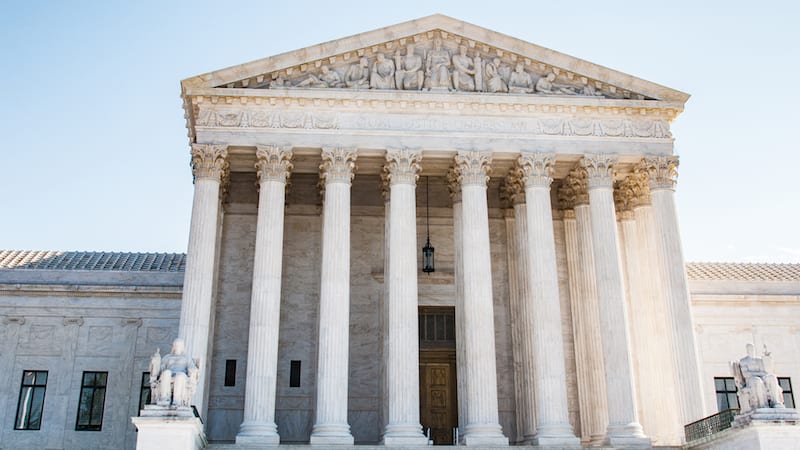On Wednesday, the Supreme Court ruled 5-4 that it is a violation of public employees’ first amendment rights to require them to pay union dues when they opt not to join the union, citing that unions are inherently political organizations. The ruling could have significant ramifications for teachers and teachers’ unions nationwide.
Unions will have less funding and resources
Prior to Wednesday’s ruling, some public employees had to pay union dues even if they chose not to join. This was to help pay for benefits they receive from union activity. These benefits include salary scales, equal pay rules, improved working conditions, or termination defense. Under the new system, public employees will only be required to pay union dues if they choose to join. This means that unions will have fewer resources available for collective bargaining, lobbying, and other activities.
Potentially lower salaries and benefits
Unions frequently advocate for higher salaries and better benefits packages for employees. Critics worry that with fewer resources available, unions will be less effective in negotiating favorable contracts for teachers.
Fewer opportunities for training
Union negotiator for Calaveras Unified School District in California Daniel Stoddard points out that one of the most significant gains teachers experience from having unions is additional training. If a teacher makes a mistake, rather than terminating their contract, the district may have to offer professional development. This makes it easier for teachers to keep their careers and school districts to more easily retain staff.
Teachers who oppose unions will feel better represented
Because teachers’ unions are tasked with representing the interests of all teachers, some educators inevitably feel their position is rarely or never represented, or they disagree with the methods unions use. For these teachers, the ruling means that they will not feel required to provide support to an organization they do not agree with.
Financially struggling teachers will keep more of their paychecks
While union activities generally translate into higher salaries, for those teachers who struggle to make ends meet, keeping their union dues will make a difference, especially if their union continues to be successful in negotiating better contracts without their financial backing.
How teachers can respond to the decision in the Supreme Court union case
Just because the Supreme Court has made its ruling does not mean that teachers should assume the union conversation is over. No matter their relationship with their union, there are a few steps every teacher should consider taking to ensure their voice is heard.
[contextly_auto_sidebar]
1. Become active in their union
Unions are human-driven organizations. They need people who are willing and able to contribute any amount of time and energy to organizing, bargaining, and, most importantly, contributing to conversations about what teachers need from their contracts and working conditions. By becoming more involved with their union, teachers can ensure their perspective is part of the conversation.
2. Continue to pay their union dues
If they can afford to, teachers should consider continuing to pay union dues as the union is their best chance to improve working conditions, even if they do not always agree with the union’s approach or priorities.
3. Educate their colleagues on the union
Even teachers sometimes do not have all the information about what their local union does and how it operates. Teachers should consider talking to colleagues about their union—whether they agree or disagree with its activities.
4. Call their congressperson
Undoubtedly there will be future laws on the table regulating unions. When these come up or if teachers have strong feelings about a bill that they believe should be considered at any level of government, teachers should take the time to call their congressperson to let them know how they feel.
What are your feelings on the Supreme Court union case? Come and share in our WeAreTeachers Chat group on Facebook.

